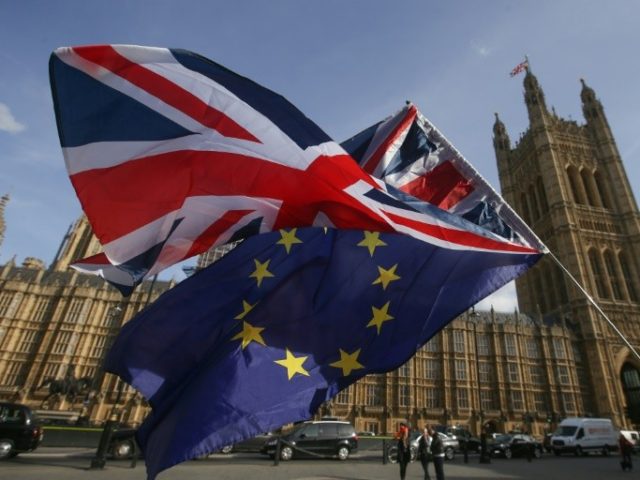The government is hoping to forge a Brexit of “gradual divergence” in the next stage of talks after Brexiteers slammed plans to keep the UK tied to “regulatory alignment” for years after the nation leaves the bloc.
Leading backbench Tory MP Jacob Rees-Mogg had argued that the UK could essentially become a “vassal state” of the European Union (EU) for the duration of the recently agreed so-called “transition period”.
“We cannot be a colony of the EU for two years from 2019 to 2021, accepting new laws that are made without any say so of the British people or Parliament or Government,” he added.
His comments were echoed by the Foreign Secretary Boris Johnson and the pro-Brexit group Leave Means Leave in an open letter to the government.
Now, a Number 10 source has told The Times Theresa May is hoping to form a Cabinet consensus on a “gradual divergence” Brexit before the first round of trade talks begin. She is also preparing for her third landmark speech on Brexit.
However, another senior Brexiteer told the paper the majority of their colleagues did not want a swift, clean break from EU laws.
They added: “I think this has to be a gradual process that is extensively debated in parliament in the years ahead. I don’t think many of us favour a big bang approach.”
“proper free trade deals" https://t.co/lyxIvN5pBZ
— Breitbart London (@BreitbartLondon) December 17, 2017
On Monday, Stefaan De Rynck, a senior adviser to Michel Barnier, the European Commission’s chief Brexit negotiator, hinted that the agreed transition period could still not happen, depending on the outcome of trade talks.
The day before, Mr. Barnier had dismissed Mrs. May’s promise of a tailor-made Brexit deal, ruling out the “cherry pick[ing]” of elements of Single Market membership, including for the City and financial services.
This would be unacceptable to many pro-Brexit MPs. As Leave Means Leave Board Member and MP Owen Paterson argued last week: if the EU does not make a good offer on trade, the UK should walk away without a deal.
“The bar for any deal agreed with the EU is that it must be better than a global deal on WTO rules,” he said.
“If it fails to meet this bar, then WTO rules are the best option so that we can diverge from the EU’s regulation and really reap the benefits of Brexit.”
His group says the UK “must be able to deregulate, manage migration, capitalise on global free trade opportunities, abolish the Common Agricultural Policy (CAP), repatriate fisheries, end the net £11 billion a year paid to the EU, and have a more competitive currency when it leaves the bloc in 2019”.
Gerard Batten MEP, UKIP’s Brexit spokesman, responded to Mr. Barnier’s comments in a statement, blasting: “Barnier and the Commission show no intention of negotiating in the spirit laid out in the Article 50 process. All we are seeing are demands, threats, and intransigence.
“The latest threat regarding financial services, shows how the EU intends to thwart Brexit. New York, Tokyo and Singapore etc all manage to trade with EU states without being prevented by Brussels.
“Mrs. May needs to find the courage to tell Mr. Barnier where to get off. She has left the ball in his court and he doesn’t want to play.”

COMMENTS
Please let us know if you're having issues with commenting.